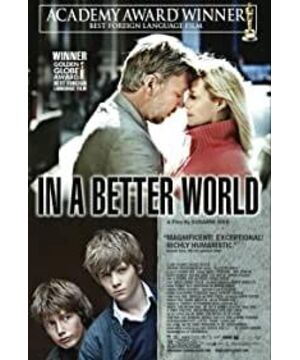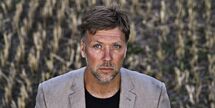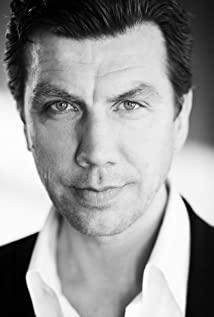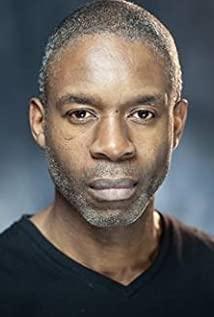Hu Shi praised "tolerance is more important than freedom." With the deepening of our understanding of freedom, we find that tolerance is only part of freedom, and nothing is more important than freedom. Forgiveness and forgiveness that have lost their bottom line are essentially a kind of arrogant arrogance: self-righteousness can forgive sins in the world. Tolerance has become a shield against evil, and the enemies of freedom and freedom can drink and talk. After the Second World War, why bother to mobilize people to judge war criminals? Without punishing evil, how can we spread the glory of goodness and justice? In South Africa, where “no forgiveness, no future”, for a criminal suspect to be pardoned, he must also meet the four conditions that the motive of the crime is not to kill money and to clarify the truth.
Africa is not peaceful, and Denmark, which leads the rankings of the Global Happiness Index and Corruption Perceptions Index, is not a paradise on earth. Anton’s son Elias was in the vortex of campus violence. Christian Road, who had just transferred from London, saw an uneventful, and used a pump to give the school tyrant a lesson. The film does not want to simply condemn or praise such revenge, but hopes that the audience will think: under what circumstances, what kind of violent revenge is indispensable and represents justice?
In the presence of his son and his classmates, Anton, who was brutally attacked and humiliated, neither fought back nor chose to call the police. This was not because he was afraid of the repairman, but because he felt that violence could not solve the problem. In order to dispel the doubts of the children and prove that he was not afraid, Anton found a repairman, and the latter became more arrogant. Anton, who feels that he does not need to waste time on such "idiots", is like a faithful believer of non-violentism, and the children are even more confused. Is that all right?
Regardless of occasion and object, non-violence is just a synonym for pedantry. Mahatma Gandhi’s greatness is as striking as its limitations: opposing China’s resistance to Japanese aggression, thinking that as long as they have non-violent beliefs, "Japanese will become slaves to Chinese people." Gandhi even very seriously suggested that the Jews use peaceful means to resist Hitler. Of course, Jewish spiritual leader Martin Buber would not agree: “For the unreasonable, adopting an effective non-violent attitude may make them gradually become wise. Get up. But if you have to deal with a evil devil, you can’t do this.” Today, the influence and prestige of India’s constitutional father Ambedkar and Bagasin who dared to throw bombs at the colonial-controlled parliament are far away. It goes far beyond Gandhi who narrowly understands and maintains the caste system and Hinduism. If there is no threat of violent revolution, it is not British gentlemen who established parliamentary politics in the 13th century, but fascists such as Japan and Germany. Non-violent movements are tantamount to slaughtering and scheming with tigers.
Back in the refugee camp, Anton has not recovered from the suffering of the Africans. The bully who has forgotten the pain after healed his scars shamelessly claimed that his men had a hobby of corpses, and the volcano in Anton's heart began to erupt. The anger quickly spread, and the bully was besieged by the refugees. Grace in "Dogtown" (2003), from forgiveness to believing that a world without "dogtown" would be better, Anton turned from a doctor to a roaring bull, all showing: facing the unreasonable evil Or the criminal group, the mask of “arrogance” of condescending and unprincipled forgiveness can be removed.
Anton’s "tolerance and rape" of the repairman caused a greater and more uncontrollable danger: Christian and Elias upheld justice and sent the repairman's car to the sky, almost killing Elias. In the film’s steady and divergent narrative, the director’s attitude gradually became clear: for a better world, one cannot blindly believe in violence or non-violence; even if violence must be used, he should adopt a more cautious attitude towards methods and consequences, and try his best Reduce its side effects.
The disappointing "Munich" (2005) shows that the true history has discouraged big directors like Spielberg: In April 1973, Israeli agents hunted down three "Black September" terrorists in Lebanon who caused the Munich tragedy. , Unlike in the movie, the angry revenge angel killed more than 100 people in the melee. The happy ending of "Better World" is too flattering, but it is good to pierce the so-called "political correctness" window paper: using violence to control violence is certainly not a panacea for all diseases, nonviolence also has Its limit. (Xinmin Weekly)
View more about In a Better World reviews










